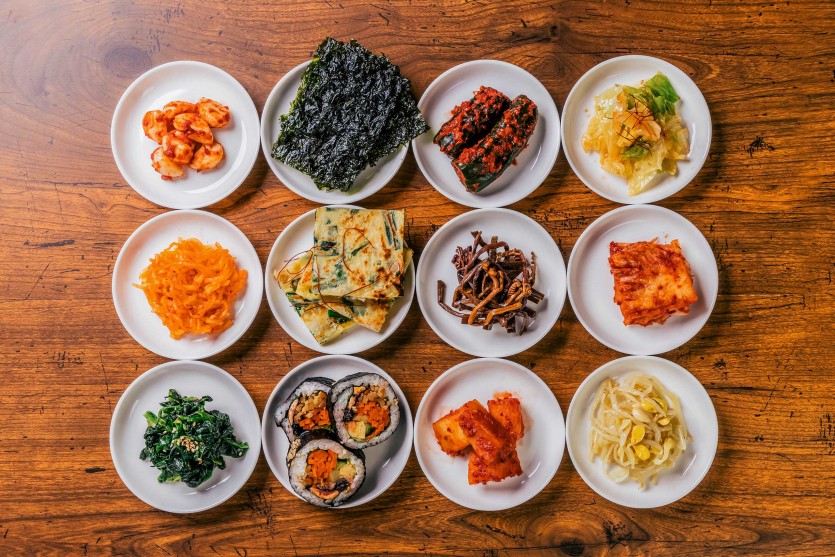Language & Culture The Significance of Food in Korean Culture and Language
페이지 정보

본문
Food plays a huge role in Korean culture and language. Dishes like kimchi, bibimbap, and bulgogi are more than just tasty meals; they are deeply connected to Korean identity and traditions. For instance, making kimchi is a communal activity called "kimjang," where families and neighbors come together to prepare and share this staple food. It's a tradition that has been passed down through generations.
When it comes to celebrations and family gatherings, food takes center stage. During holidays and family gatherings, specific foods are central to the celebrations, carrying special meanings and traditions. . Holidays like Chuseok (Korean Thanksgiving) and Seollal (Lunar New Year), certain dishes are a must. They’re prepared in specific ways and hold special meanings, often linked to blessings and well-wishes for the future. For example, during Seollal, eating tteokguk (rice cake soup) is believed to add a year to your age.
The Korean language also reflects the importance of food. Phrases like "Let's eat!" in Korean isn't just an invitation to dine but a way to express care and build relationships. Sharing meals is a big part of Korean hospitality and social life, making food essential to Korean culture and communication. Food in Korea is much more than nourishment. It’s a way to connect with others, celebrate culture, and keep traditions alive. Through food, Koreans maintain a strong sense of identity and community.
Photo Credit: remotelands.com
- PrevEmbracing coffee culture in daily Korean life 24.06.03
- NextThe Role of Language in Preserving Cultural Heritage 24.05.31
댓글목록
There are no registered comments.

